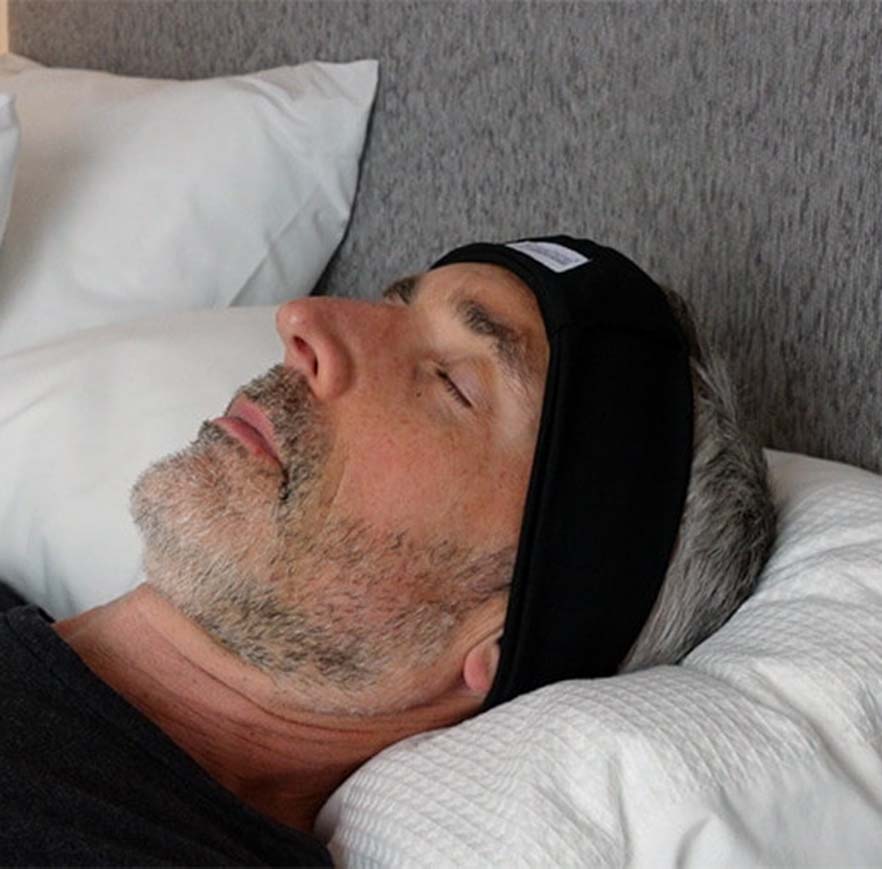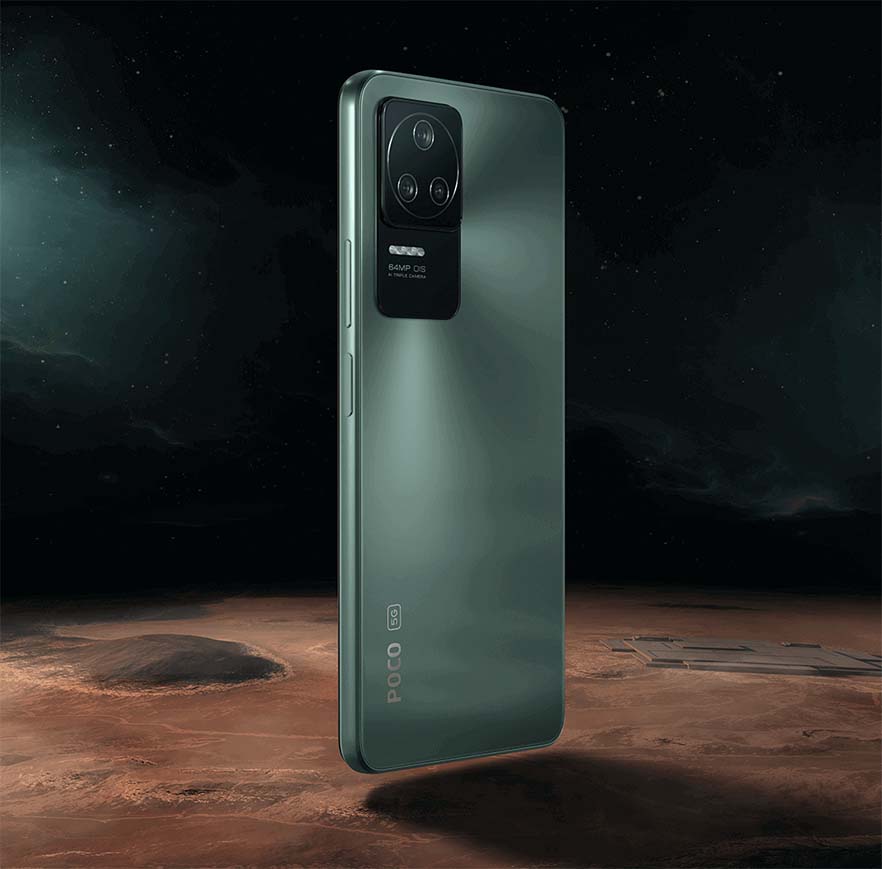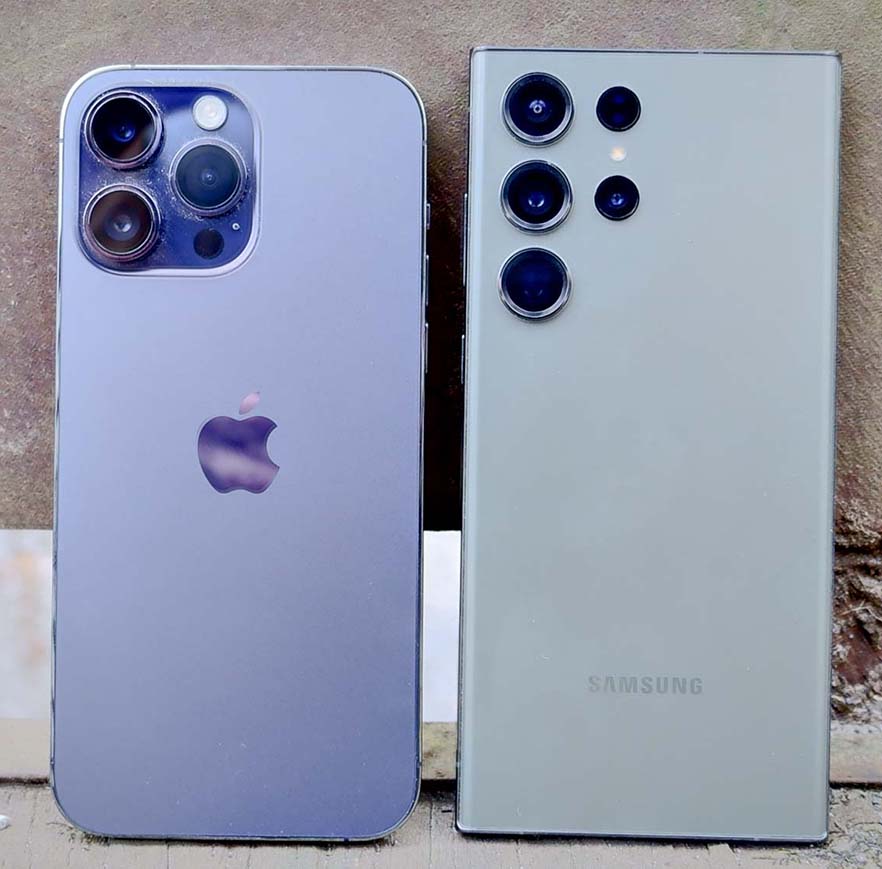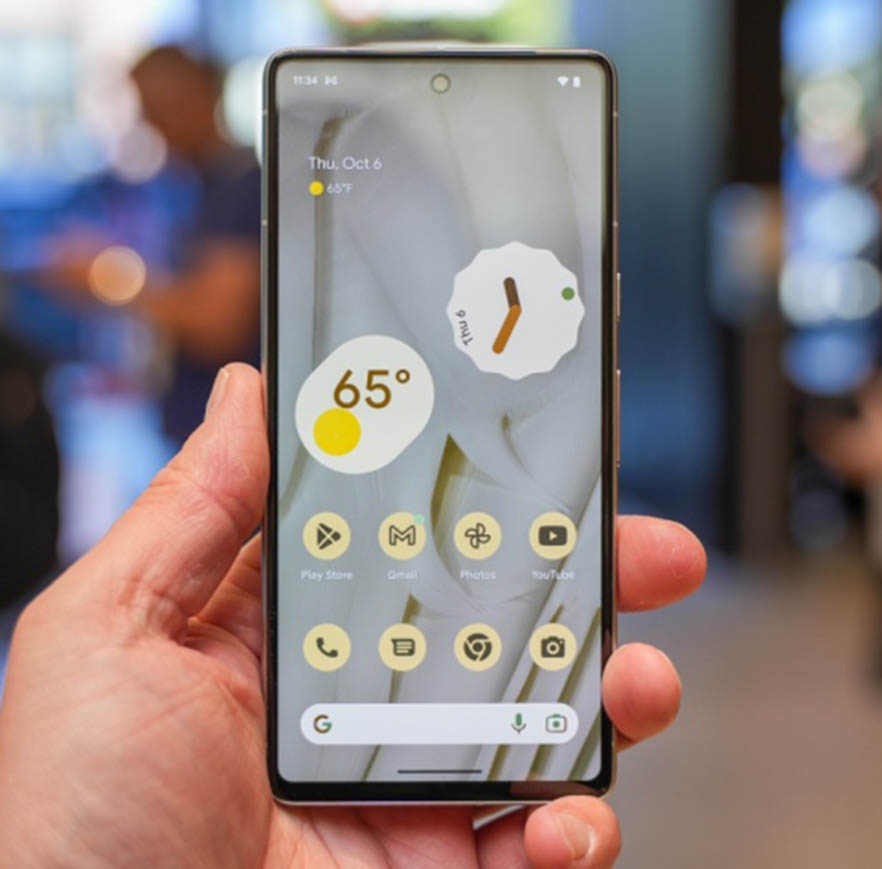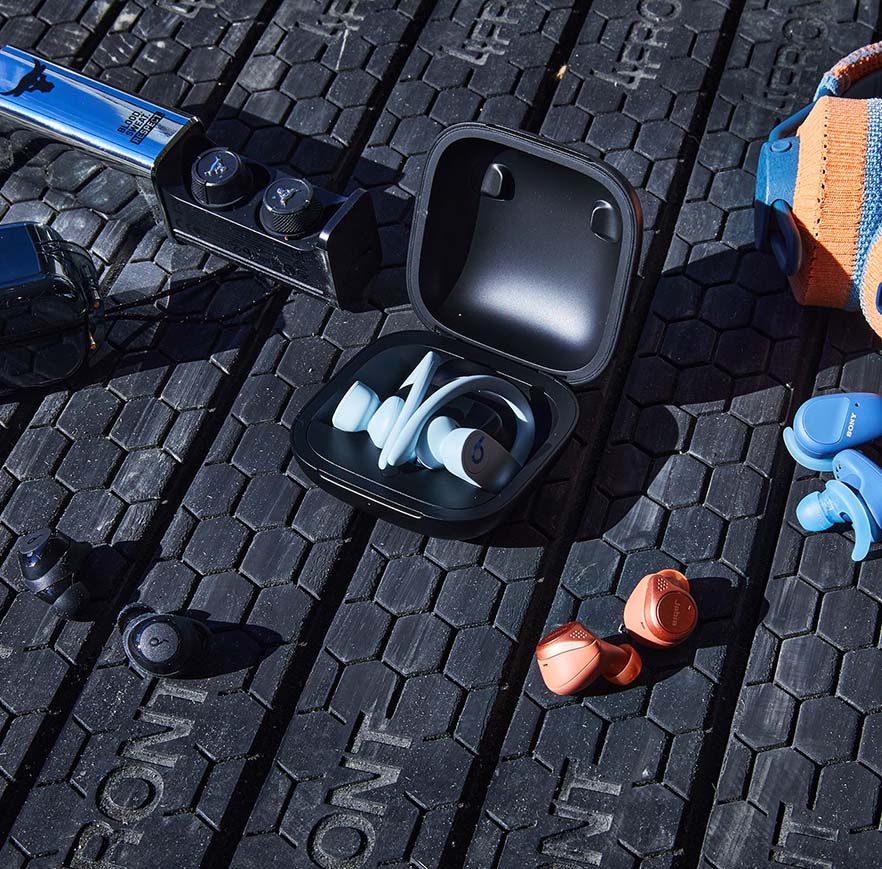Sleep headphones are designed to provide a comfortable and relaxing audio experience while you sleep, helping you unwind, block out external noise, or enjoy your favorite music, podcasts, or white noise. This comprehensive 3,000-word article will explore the various types of sleep headphones, what constitutes a good product, who should use them, the criteria for selecting the right pair, and the pros and cons of using sleep headphones.
Types of Sleep Headphones and the Characteristics of a Good Product
There are three main types of sleep headphones:
- Traditional Sleep Headphones: These headphones are designed with comfort and sleep in mind, often featuring soft materials, low-profile designs, or built-in speakers within a headband or pillow. They may be wired or wireless and typically offer basic sound quality for bedtime use.
- In-Ear Sleep Headphones: In-ear sleep headphones are designed to fit comfortably within the ear canal, providing a secure fit and passive noise isolation. They may be wired or wireless and are typically made from soft, skin-friendly materials to ensure comfort during sleep.
- Over-Ear Sleep Headphones: These headphones are designed with soft padding and materials that reduce pressure on the ears, making them suitable for sleep. They may be wired or wireless and often offer better sound quality than traditional sleep headphones or in-ear options.
A good sleep headphone product should offer:
- Comfort: Sleep headphones should be made from soft, skin-friendly materials that minimize discomfort and pressure on the ears or head.
- Sound Quality: While sleep headphones may not offer the same audio quality as high-end headphones, they should provide clear, balanced sound that is suitable for bedtime use.
- Noise Isolation: Sleep headphones should offer passive or active noise isolation to help block out external sounds, promoting a more restful sleep environment.
- Secure Fit: A secure fit is important to prevent the headphones from falling off or shifting during sleep. Look for features such as adjustable headbands or ear tips to ensure a proper fit.
- Battery Life: For wireless sleep headphones, consider the battery life, as it will impact your listening experience. Look for models with a battery life of at least 8 hours to minimize the need for frequent recharging.
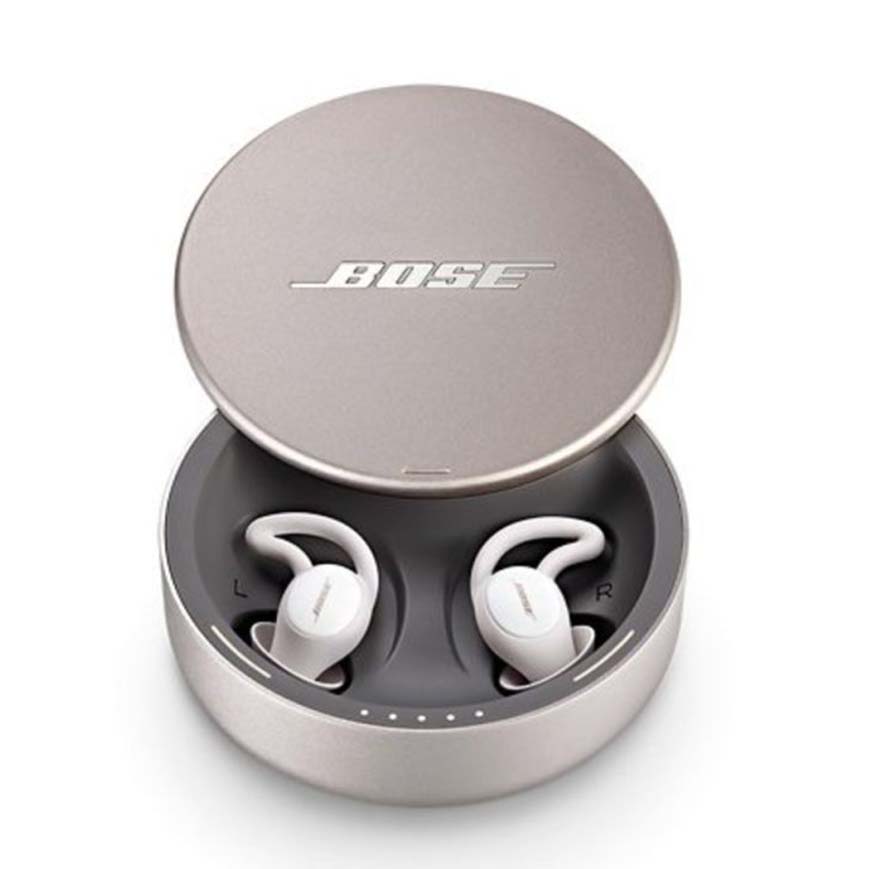
Who Should Use Sleep Headphones?
Sleep headphones can benefit a wide range of users, including:
- Light Sleepers: Individuals who are easily disturbed by external noises or have difficulty falling asleep may benefit from sleep headphones that block out distractions and create a more relaxing sleep environment.
- Snoring Partners: Sleep headphones can help drown out the sound of a snoring partner, allowing for a more restful night’s sleep.
- Travelers: Sleep headphones can be particularly useful for travelers who need to sleep in noisy environments, such as airplanes or hotels.
- Night Shift Workers: For those who work night shifts and need to sleep during the day, sleep headphones can help block out daytime noises and create a more conducive sleep environment.
- Tinnitus Sufferers: Sleep headphones can provide relief for individuals with tinnitus by masking the ringing or buzzing sounds with calming music or white noise.
Criteria for Choosing the Right Sleep Headphones
- Comfort: Look for headphones made from soft, skin-friendly materials that minimize discomfort and pressure on the ears or head.
- Sound Quality: Opt for headphones with clear, balanced sound across all frequencies. Read reviews and, if possible, test the headphones before purchasing to ensure the audio quality meets your expectations.
- Noise Isolation: Choose headphones that provide passive or active noise isolation to help block out external sounds and create a more restful sleep environment.
- Secure Fit: Select headphones with adjustable headbands or ear tips to ensure a proper fit and prevent them from falling off or shifting during sleep.
- Battery Life: For wireless sleep headphones, consider the battery life, as it will impact your listening experience. Look for models with a battery life of at least 8 hours to minimize the need for frequent recharging.
- Additional Features: Consider additional features such as built-in microphones for phone calls, sleep tracking, or customizable sound profiles to personalize your listening experience.
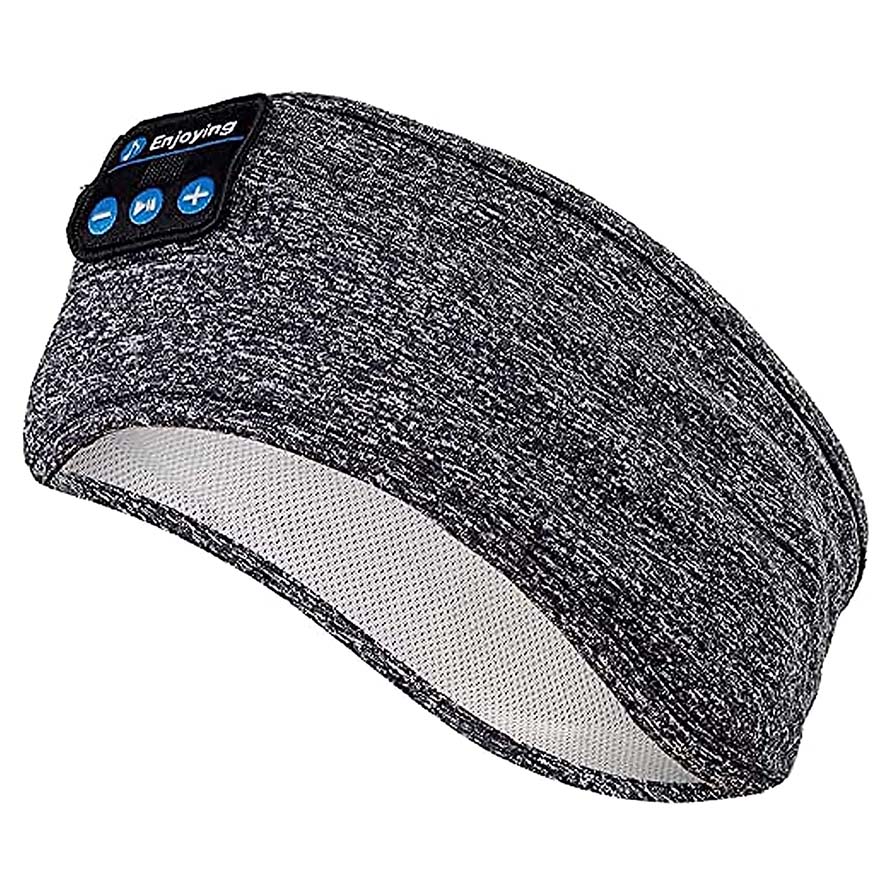
Pros and Cons of Sleep Headphones
Pros:
- Improved Sleep Quality: Sleep headphones can help block out external noises and create a more relaxing sleep environment, leading to better sleep quality.
- Versatility: Sleep headphones can be used to listen to music, podcasts, audiobooks, or white noise, providing a personalized listening experience.
- Comfort: Sleep headphones are designed with comfort in mind, often featuring soft materials and low-profile designs that minimize discomfort during sleep.
- Travel-Friendly: Sleep headphones can be particularly useful for travelers who need to sleep in noisy environments, such as airplanes or hotels.
Cons:
- Potential Discomfort: Some individuals may find wearing headphones during sleep uncomfortable or experience discomfort from the pressure on their ears or head.
- Battery Life: Wireless sleep headphones may require frequent recharging, which can be inconvenient for some users.
- Sound Quality: Sleep headphones may not offer the same audio quality as high-end headphones, which could be a drawback for some users.
- Durability: Depending on the design and materials, sleep headphones may not be as durable as traditional headphones, particularly if they are frequently used during sleep.
Top Sleep Headphones: A Comparative Review
- AcousticSheep SleepPhones: These innovative sleep headphones feature a soft, comfortable headband with built-in speakers. Available in wired and wireless versions, SleepPhones are a popular choice for their comfort and ease of use.
- CozyPhones Sleep Headphones: CozyPhones are another headband-style sleep headphone option, featuring a soft, fleece headband and removable speakers. They are comfortable, lightweight, and suitable for both adults and children.
- QuietOn Sleep Earbuds: These active noise-canceling earbuds are designed specifically for sleep, blocking out external noises and providing a comfortable, secure fit. With a battery life of up to 20 hours, they are ideal for travel and extended use.
- Bose Sleepbuds II: Bose Sleepbuds II are wireless, in-ear sleep headphones that combine passive noise isolation with soothing sounds designed to help you fall asleep. They feature a secure, comfortable fit and a battery life of up to 10 hours.
- Bedphones Sleep Headphones: Bedphones are ultra-thin, over-ear headphones designed for sleep. With a comfortable, adjustable design and built-in microphone for phone calls, they provide a versatile option for those who prefer over-ear headphones during sleep.
